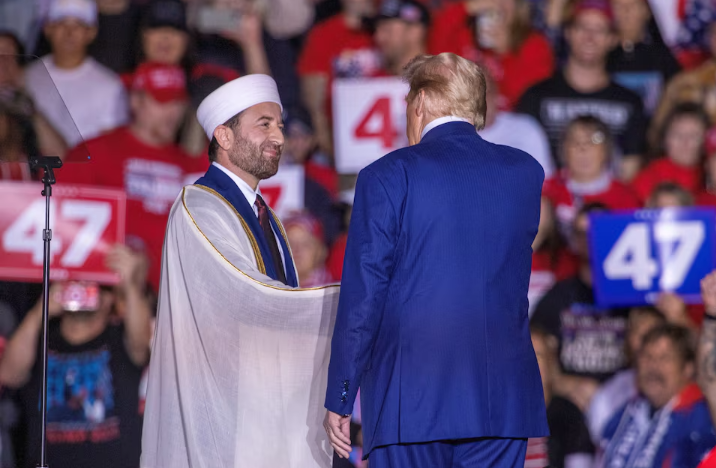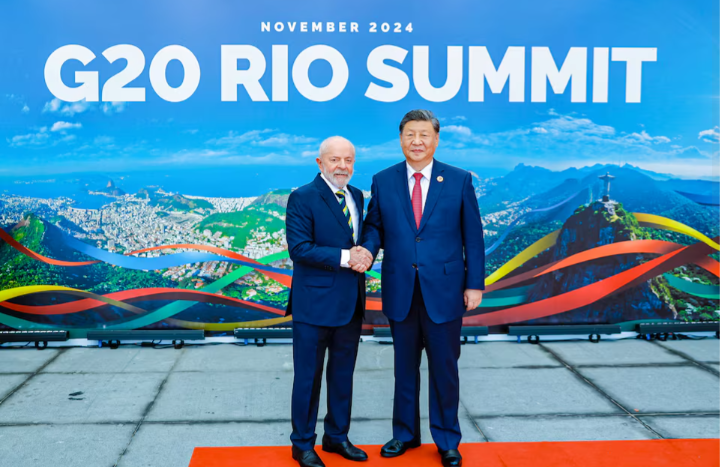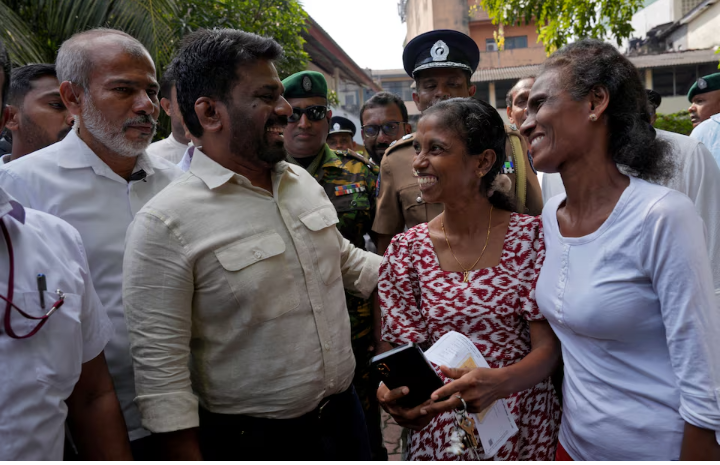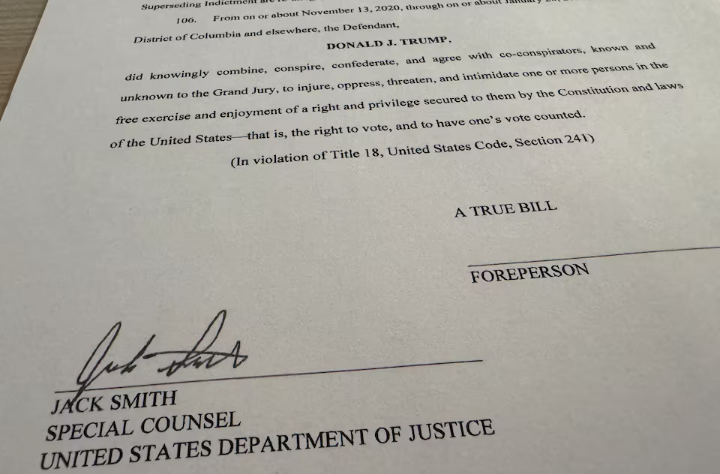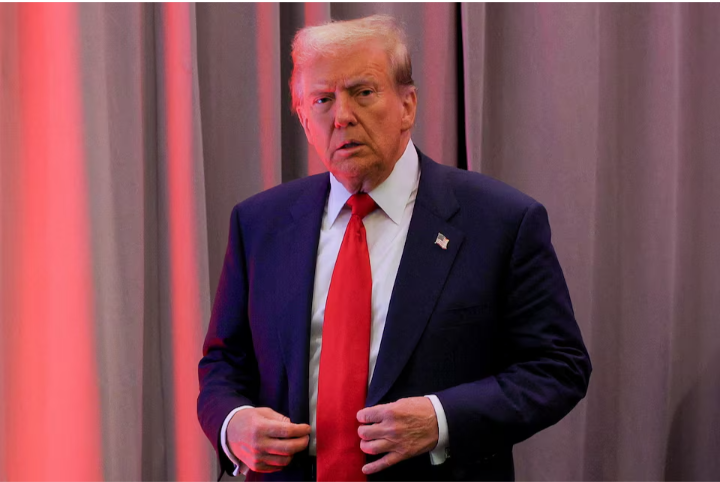After supporting Donald Trump as a protest against the Biden administration's backing of Israel's war in Gaza, many Muslim voters are now expressing disappointment with the president-elect's cabinet selections. Key appointments include Marco Rubio as Secretary of State, who has vehemently supported Israel's military actions, and Mike Huckabee, a strong advocate for Israeli occupation, as ambassador to Israel. Elise Stefanik, a vocal critic of the UN’s stance on Gaza, has been nominated as the U.S. ambassador to the UN, further alienating Muslim leaders who hoped for a more balanced approach.
Community leaders, such as Rexhinaldo Nazarko of AMEEN and activist Hassan Abdel Salam, have condemned Trump’s administration as a betrayal of their hopes for peace. They argue that his cabinet choices signal a pro-war, pro-Israel agenda that contradicts the outreach efforts made during his campaign. Despite promises of ending Middle Eastern wars, these decisions are seen as a move toward a more extreme stance, leaving many supporters feeling misled and sidelined.
Still, some remain optimistic, emphasizing Trump’s past commitments to peace. Figures like Bill Bazzi, mayor of Dearborn Heights, and Rola Makki of the Michigan Republican Party believe the president-elect’s ultimate actions will matter more than his appointments. As frustration mounts among Arab and Muslim voters, many are left questioning whether their pivotal role in Trump’s victory will yield the outcomes they envisioned.

